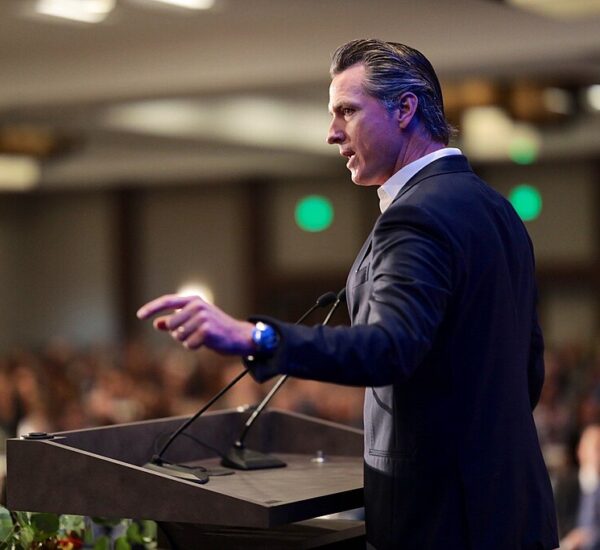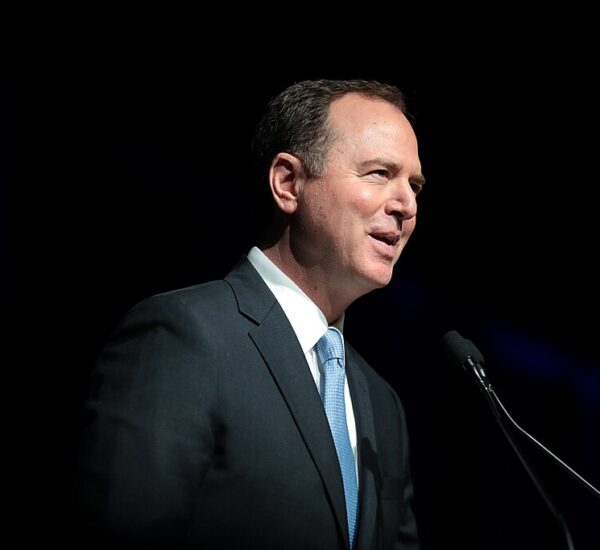Trump Sued Again
In a bold move that could reshape the federal workforce, President Trump signed an executive order that creates a new class of federal employees, allowing those involved in policy-making to be hired and fired quickly, much like political appointees. The order, issued on Monday, resurrects an idea first proposed during the final days of Trump’s first term: the creation of a new category of workers, known as Schedule F. This change would allow employees to be hired outside the usual merit-based system, prompting fears of politicizing the civil service.
The move has sparked a lawsuit from the National Treasury Employees Union (NTEU), which argues that it undermines decades of established law governing the hiring and firing of federal workers. According to the NTEU, Congress deliberately designed the federal hiring process to be merit-based, ensuring that most positions are filled based on qualifications, not political loyalty. The union contends that this executive order strips federal employees of their due process rights, which were established to protect workers from arbitrary dismissal.
Trump’s executive order, however, paints a different picture. It highlights a lack of accountability within the federal workforce, especially among career bureaucrats. The order states that these individuals, who have significant influence over policies affecting millions of Americans, must be held accountable to the president. It argues that those in key policy positions should be able to serve at the pleasure of the president, just like political appointees.
While critics of the order, like the NTEU, warn that it could lead to widespread politicization of government agencies, supporters argue it is a necessary step to bring greater transparency and accountability to the federal workforce. Under the current system, nonpartisan civil servants hold a majority of the decision-making power, despite their positions being far removed from political oversight. Trump’s critics fear that creating tens of thousands of politically appointed positions could turn federal agencies into partisan battlegrounds, while his supporters believe it will help drain the swamp of entrenched bureaucratic inefficiency.






